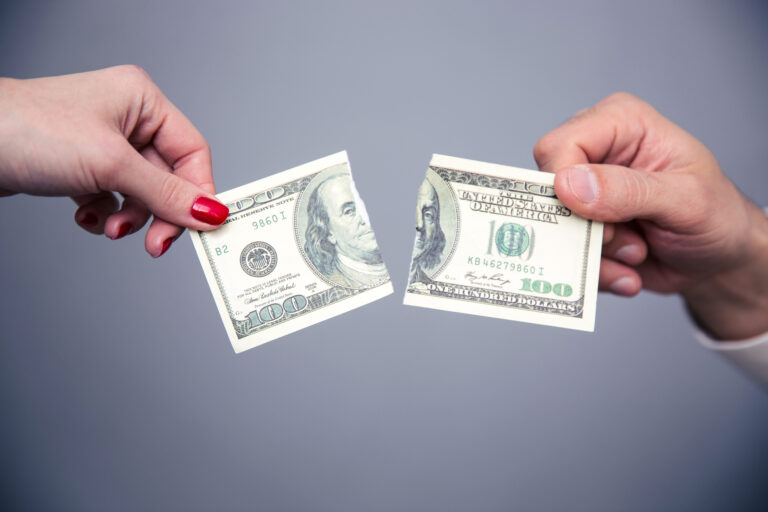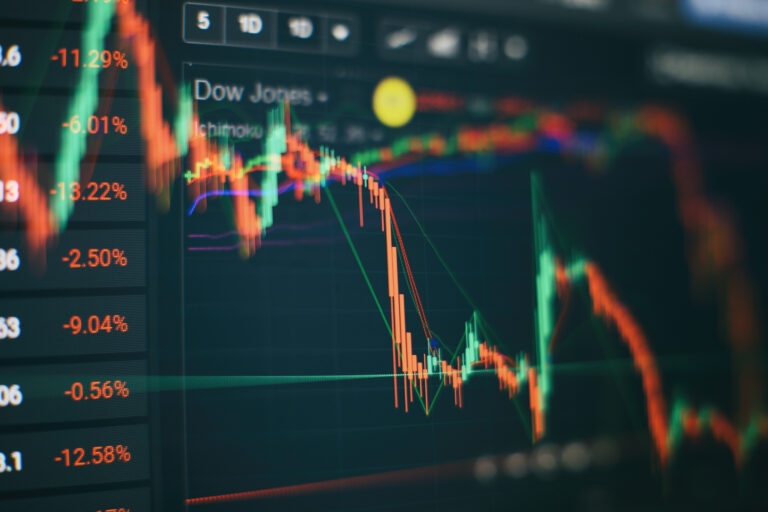The JW Marriott Hotel was taken over by its lender, Wells Fargo, with a winning bid of $251M in a bankruptcy auction last Friday. Wells was the only bidder.
The owner of the hotel had not made payments on its $203M loan since last summer. The amount of indebtedness increased substantially once the default began. The hotel remains open.
This Marriott, located at 151 West Adams, isn’t the only downtown hotel having difficulties. The Palmer House Hilton has also defaulted on its loan obligations and is currently in foreclosure.
The hotel industry was riding high until the pandemic began. Once the closures began, the PPP Loans, the ERC’s, and the other related CARES Act relief kept their doors open.
Current occupancy percentages are extremely high. Downtown hotels relying on travelers had an occupancy rate last week of 78.3%.
But summer will end, and with it, the summer travelers will again return home.
The downtown hospitality industry has always banked on the Meetings and Convention Industry to fill its rooms during the long winter. Since few business people are traveling, opting instead to stay home utilizing online mediums like Zoom for their needs, many are expecting more hoteliers to resort to bankruptcy.
Let’s not forget all of the other industries related to hospitality that may also have significant difficulties. Airlines, restaurants, and other entertainment venues all live off of the Convention and Meetings Industry. Generally, these industries don’t have a fat bottom line. What are they going to do in the dead of winter?
I never thought in a million years I would be reporting that an icon of significant Chicago History like the Palmer House was having any sort of a problem. I can’t begin to remember all of the Friday nights I spent at Trader Vic’s drinking Mai Tai’s.
Maybe that’s because I had too many, but here we are.
Let me leave you with this.
The stock markets did something that few expected last week. Major indices, led by banks and consumer-focused equities, had four good days in a row.
Investors began buying equities again because of an overall confidence that the Federal Reserve Bank’s actions are slowing down the economy. Ultimately, many expect inflation to again come under control.
The biggest question now is when all of this will actually occur.
Although the latest labor market numbers were still high, there were signs that the market was weakening. This could be a sign of the beginning of a turn around.
The labor markets, like real estate and other business related markets that are running too hot, will cool down eventually. Anything that runs too hot will always cool down in time.
Many are predicting the Fed to raise its benchmark interest rate by another 1.75 percentage points before the end of the year. Their aggressive actions, and the possibility of a turnaround, are what the stock markets are reflecting.
We can only hope that they caught this problem in a timely fashion.
We’re all going to get through this. Let’s get through it together.



